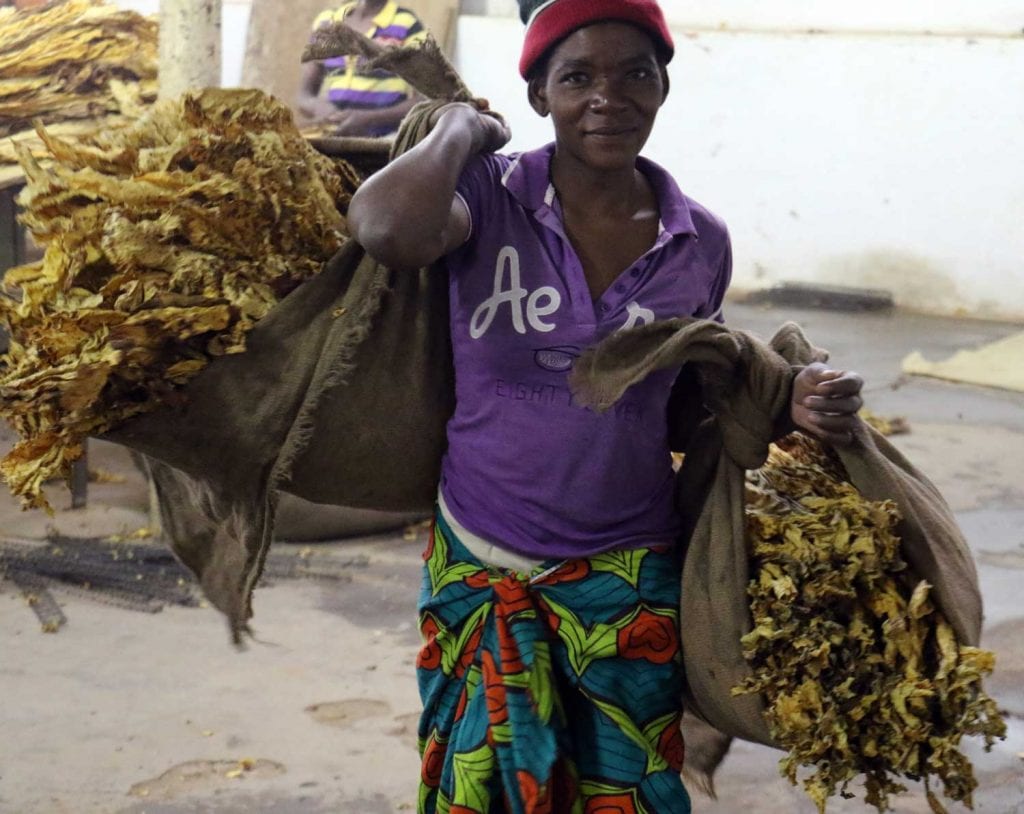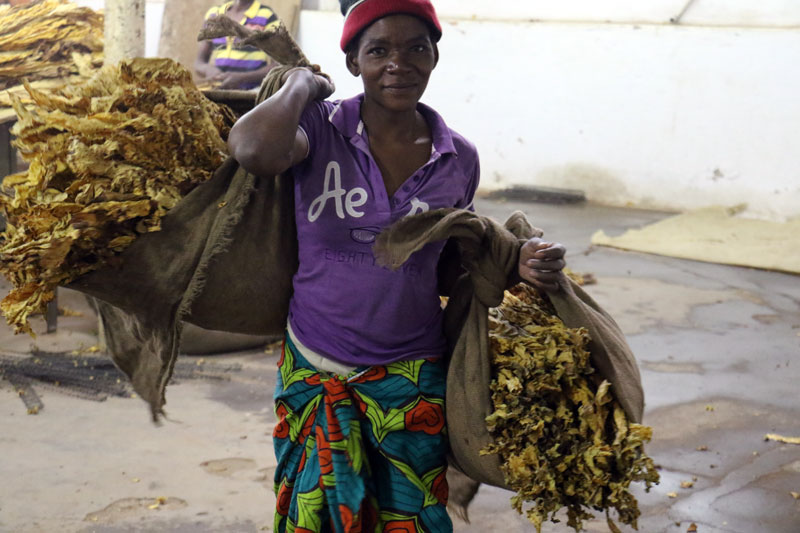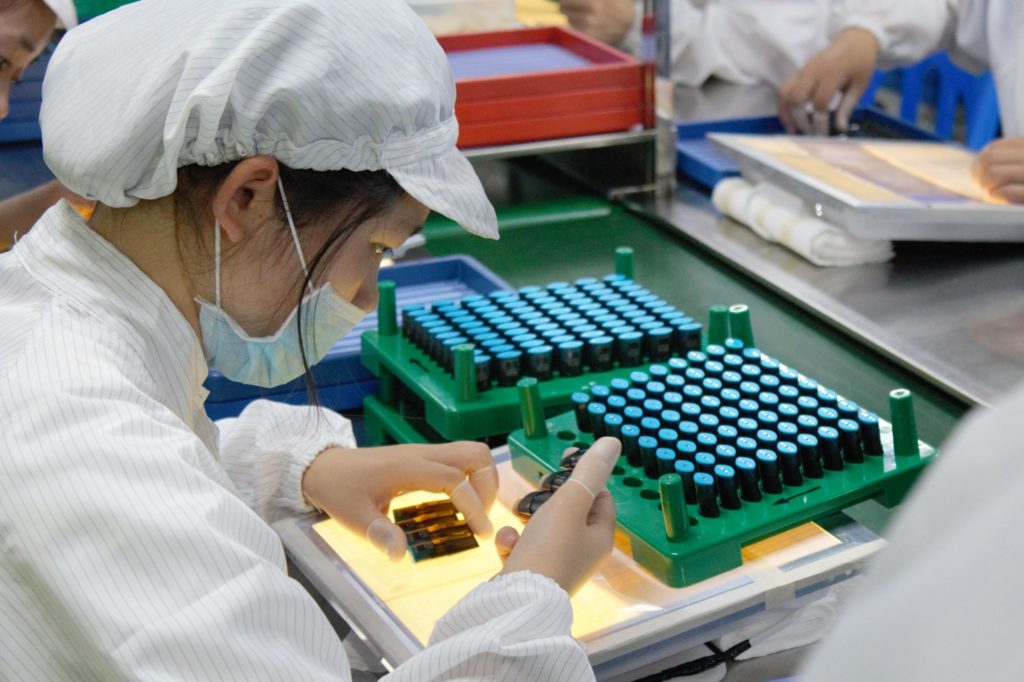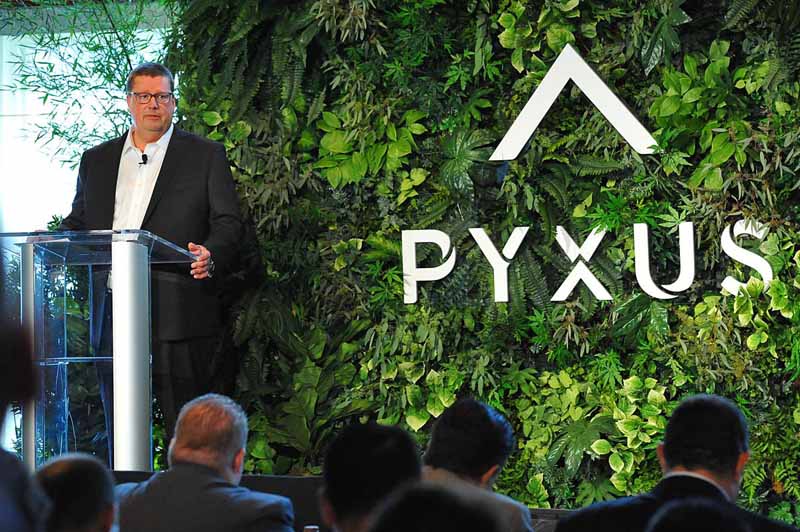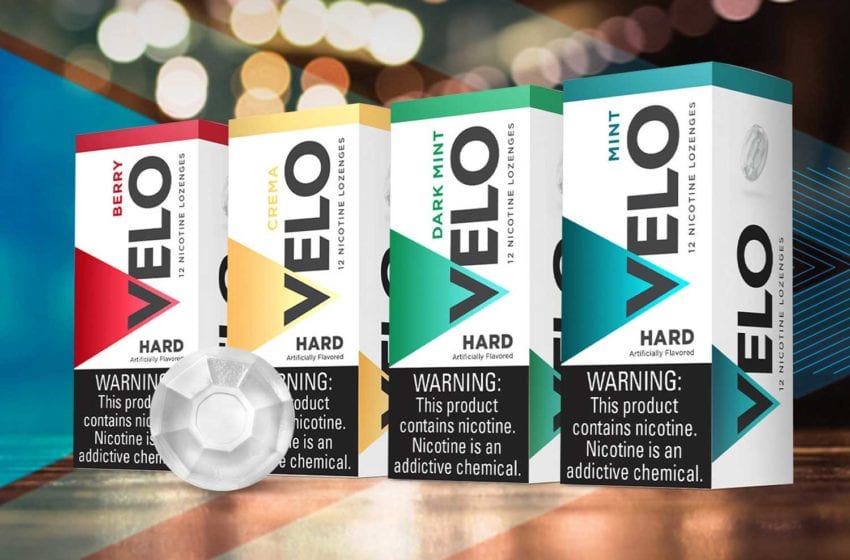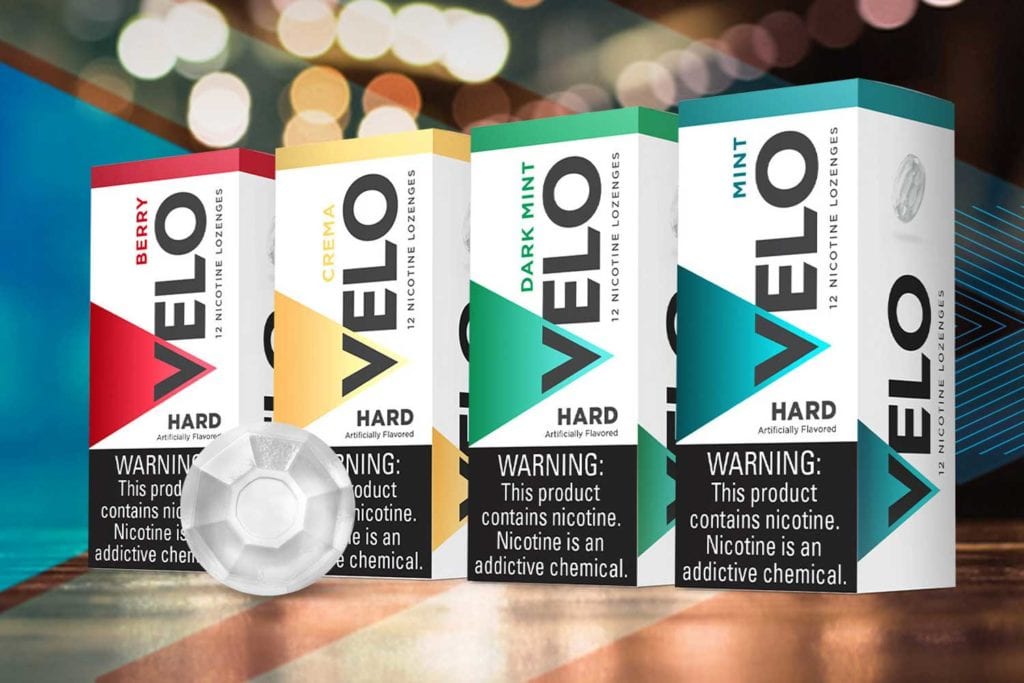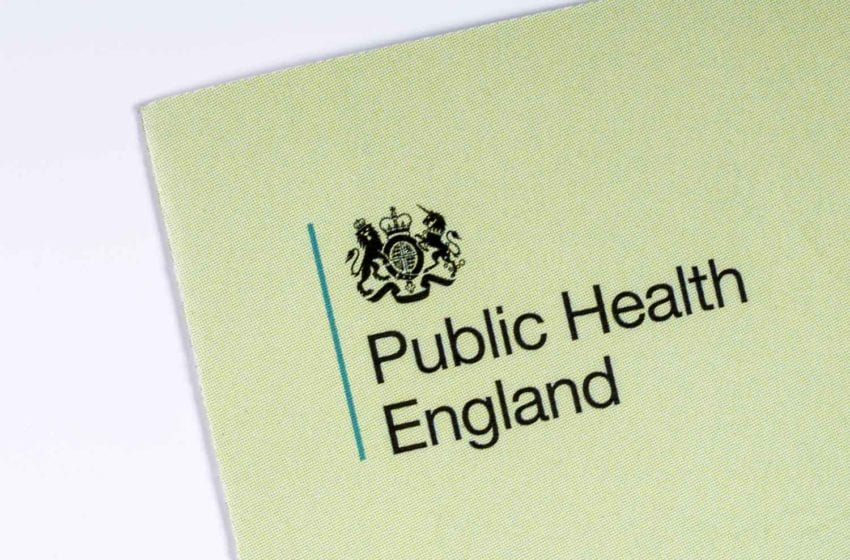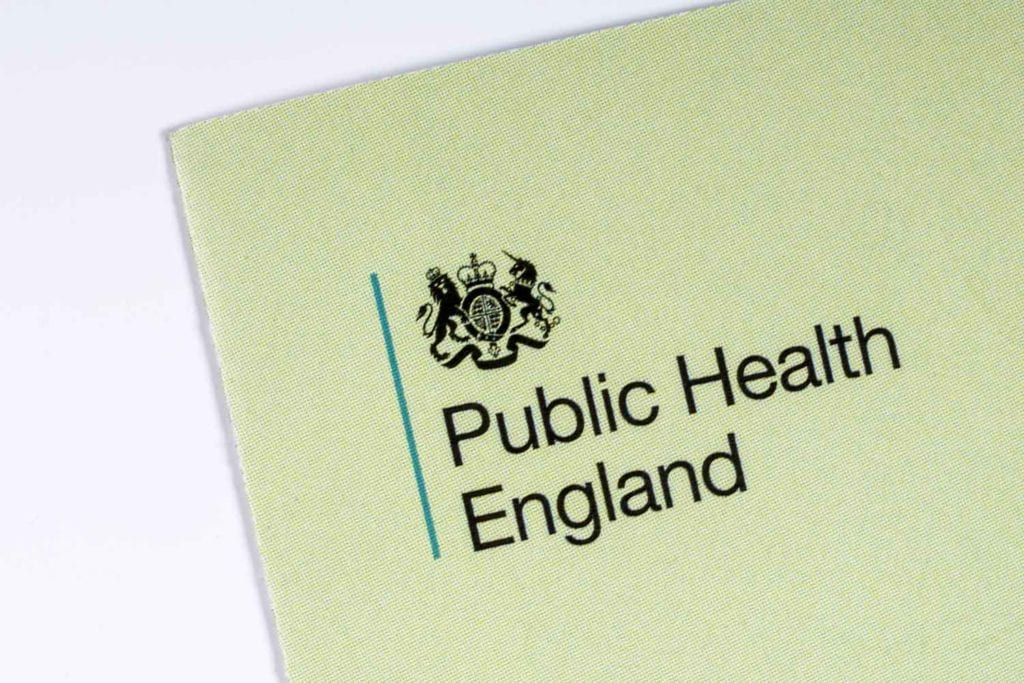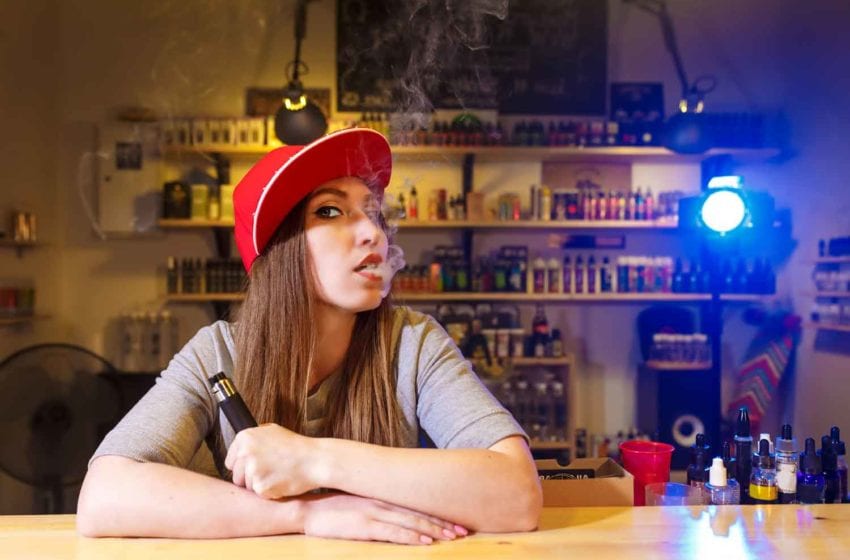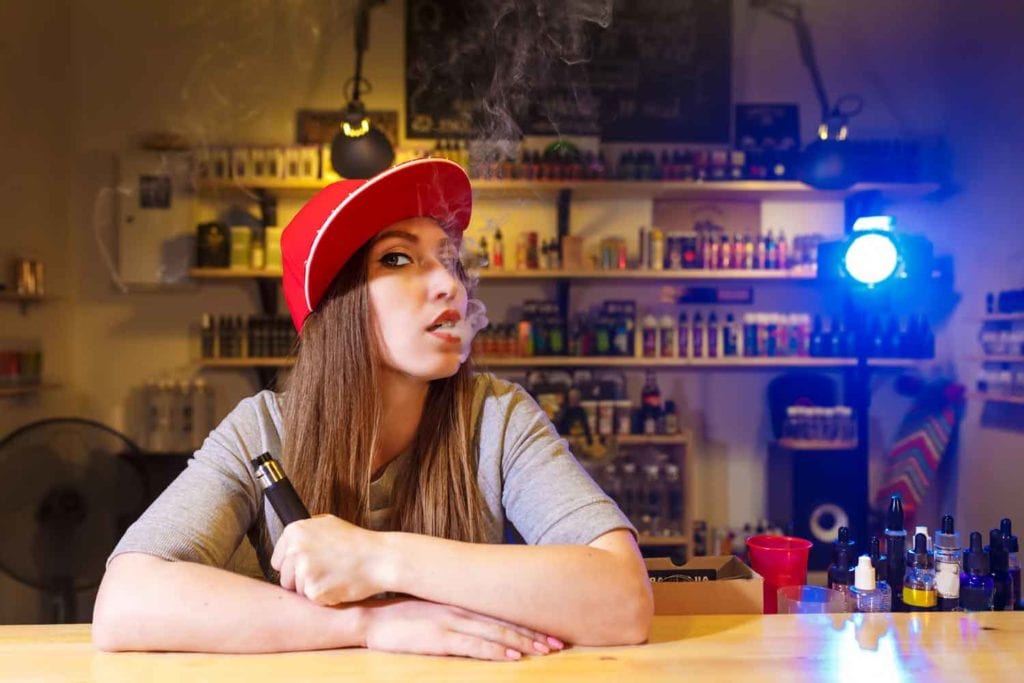Smoore International Holdings, the world’s biggest maker of e-cigarettes, posted a 40 percent year-on-year jump in underlying net profit for the first half of 2020, to CNY1.3 billion ($188.8 million), reports The South China Morning Post. Revenue rose 18.5 percent to CNY3.88 billion.
The increase comes despite the challenges of the coronavirus, the U.S.-China trade war and tougher regulations.
Smoore, which recently listed in Hong Kong, held a 16.5 percent share of the $763 billion global vapor devices market last year, up from 10 percent in 2018, said Wang.
While only half its production capacity was used in the first six months, the company plans to double capacity by next year. Additional expansion will boost production by a further two-thirds by 2023.
Global e-cigarette sales are projected to see compound annual growth of 25 percent between last year and 2024 compared to 5.2 percent for traditional cigarettes, according to Frost & Sullivan.
China produces 90 percent of the world’s e-cigarettes, of which 90 percent are exported, according to Smoore’s listing prospectus. The industry is concentrated in Shenzhen, the country’s technology hub, which hosts more than 600 e-cigarette manufacturers.
The U.S. accounted for around half of Smoore’s sales, while 18.6 percent came from mainland China and 12.5 percent came from Japan and Europe each.
Since 2018, its U.S. customers have had to pay a 25 percent additional import tariff as part of the fallout from the trade spat between Washington and Beijing. The firm said the tariff has not stopped U.S. demand from growing since its products are “technologically superior.”
